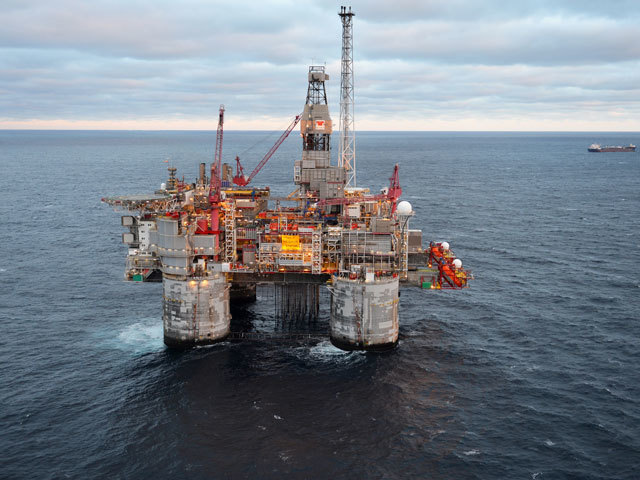
A global oil supply glut will persist through 2016 as demand growth slows from a five-year high and key OPEC producers maintain near-record output, the International Energy Agency said on Tuesday, even as low prices curb supply outside OPEC.
The IEA, which advises industrialised countries on energy policy, said in a monthly report that world oil demand will rise by 1.21 million barrels per day (bpd) in 2016, down 150,000 bpd from last month’s forecast.
“A projected marked slowdown in demand growth next year and the anticipated arrival of additional Iranian barrels – should international sanctions be eased – are likely to keep the market oversupplied through 2016,” the Paris-based IEA said.
A drop in oil prices because of abundant supply to just over $50 a barrel – half the level of June 2014 – has led to a downgrade in supply forecasts from countries outside OPEC such as the United States.
“Total non-OPEC output next year is expected to contract by nearly 0.5 million bpd as global upstream spending cuts of more than 20 percent impact both new projects and existing production,” the IEA said.
However, the drop is not as dramatic as the IEA expected last month, and the agency raised its 2016 non-OPEC supply forecast slightly. Because of the weaker demand outlook, it trimmed its estimate of how much oil OPEC will need to pump by 200,000 bpd to 31.1 million bpd.
The Organization of the Petroleum Exporting Countries is pumping more than that. OPEC raised supply in September by 90,000 bpd to 31.72 million bpd, the IEA estimated, saying it expected output to remain elevated.
OPEC, in a move led by Saudi Arabia, in 2014 dropped its longstanding policy of supporting prices by cutting output, choosing instead to defend market share against higher-cost producers. The IEA sees no sign of a change of tack.
“With Riyadh showing little inclination to abandon its policy to defend volume rather than price and Iraq striving to at least sustain its record rates, overall OPEC supply looks set to hover around 31.5 million bpd during the coming months,” the IEA said.
Recommended for you
